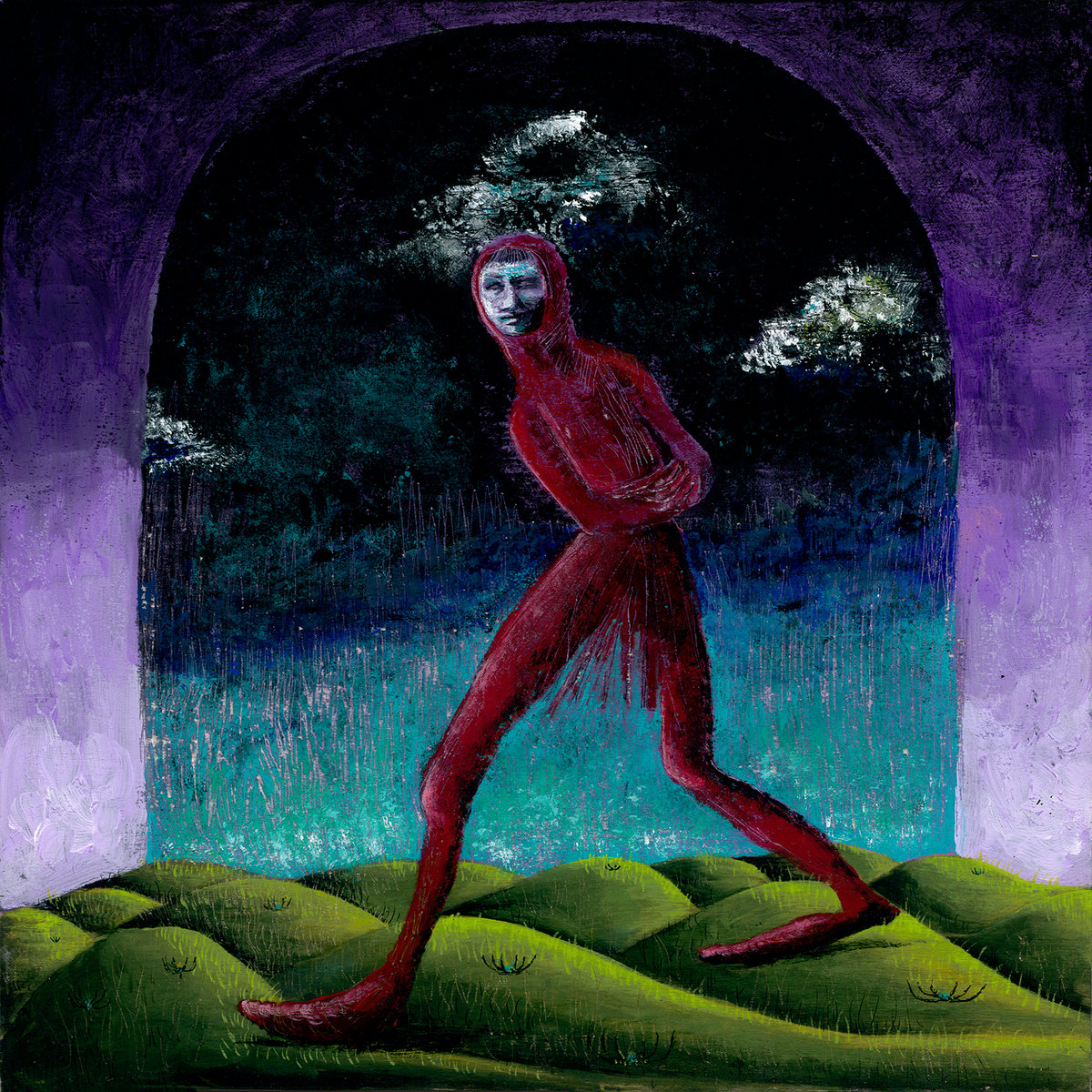Cry On, Space Cowboy: Cloakroom's 'Doubts' Sings the Sorrows
/Have you ever heard a song so affective that it ruined a band for you? It’s the sort of song that infiltrates every fiber of your being and sinks its claws deep into your soul. It becomes a fascination as you play it on repeat or skip straight to it. You feel that the song was made only for you. Anything else from the artist, no matter the quality, is rendered meaningless because you have this one song, and for you, that is enough.
I have this relationship with Cloakroom’s “Doubts.” The penultimate track from the Indiana stonergazers new album Dissolution Wave leaves me breathless with each lesson. It’s a relatively simple song, four short verses, a couple of short breaks, and a gentle guitar solo that plays as the music drifts to a close, but it’s how the band puts it all together that makes “Doubts” so special. Cloakroom are masters of texture, and they put their skills on display here. Negative space is filled with pristine guitar chords, and while infrequent, each strum is purposeful and emotive. A low, purring bassline provides warmth as a patient drum pattern crackles in the background. All of this is befitting of the album’s space-western concept as Doyle Martin’s lyrics feel like the slow-moving thoughts of an astronaut floating away in the ever-expanding universe.
I find the song chilling, and I believe it is the most beautiful thing Cloakroom has recorded. Maybe I’m too close-minded, but I don’t need anything else from the group. That’s not to say that I don’t think their bone-crushing riffs don’t do it for me, but when I put on “Doubts,” there’s nowhere else in the world I’d rather be than in those four minutes.
As I realized that I kept returning to the song, I tried to puzzle out why. Each time I listened, I found myself getting hung up on this brief guitar motif trying to think of what it reminded me of. After a week of it looping in my head, I realized that it’s reminiscent of a melody in “Goddamn Lonely Love” by Drive-By Truckers, a song with which I have a similar relationship. Now, I’m accusing Cloakroom of being copycats, but I can’t unhear what I’ve heard. In fact, I’m thankful for this great-minds-think-alike moment because the two songs have so much in common beyond some short melodies.
Like “Doubts,” “Goddamn Lonely Love” is a wistful yet gorgeous tune. Jason Isbell might sing his blues with more gusto than Martin, but both are blue nonetheless. These songs traffic in sorrow and regret more than they do in outright pain and misery. Upon this revelation, it became clear to me that much like “Goddamn Lonely Love,” “Doubts” is tears-in-your-beer music. It’s the kind of song destined to play over the speakers of a gloomy bar while a sad cowboy huddles over his third round of a beer and a shot combo. This, my friends, is very much my shit. While I may be just another city boy, I routinely find myself sympathizing with depressed plains walkers. Like these melancholic rancheros, I am not inclined to divulge my feelings. Healthy or not, I know I can always find solace in the company of songs like these.
I have no idea if Cloakroom intended to link themselves to crestfallen troubadours such as Isbell, Jason Molina, and the unimpeachably dolorous Townes Van Zandt, but this style of music fits them so well. They’ve hinted at their appreciation of this brand of song with covers of Songs: Ohia and Tom Petty, but this feels like their first true foray into downtrodden cowpoke-dom. Their interpretation of the tradition is earnest and done without pastiche. With “Doubts,” the band has hit upon something timeless, which is why I can, and will, listen to it forever.
Connor lives in San Francisco with his partner and their cat and dog, Toni and Hachi. Connor is a student at San Francisco State University and is working toward becoming a community college professor. When he isn’t listening to music or writing about killer riffs, Connor is obsessing over coffee and sandwiches.











